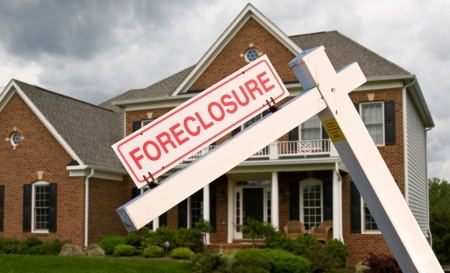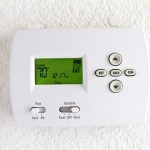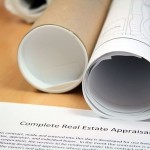Foreclosure 101: The basics
Think you can save (or make) money buying a foreclosed home? It may seem easy, but it’s definitely not a financial endeavor for the faint of heart. Here’s why:
Foreclosures can be in bad shape. A foreclosure — also called a bank-owned or real estate owned (REO) property — is a home that’s been repossessed by a lender after a borrower fails to make payments. The lender then tries to sell the property, most often through a real estate agent. A bank-owned property may not have been maintained properly and could even have been damaged in some way by the owners who were forced to leave it. It also could have been vacant for a period time. But perhaps the most risky part of purchasing a foreclosure is that these types of properties are sold on an ‘as-is’ basis, meaning that the buyer is responsible for any repairs. The bank also is not responsible for providing any information about the condition of a property, making a home inspection a necessity.
It can be hard to tell if they are a good deal. When it comes to foreclosures, not all properties are created equal. Some may be in or near move-in condition; others may need a lot of work. Like any home seller, a bank is going to try to get as much money out of their property as possible. It’s up to the buyer — and their real estate agent — to decide if the property is a good deal based on any repairs or work that needs to be done. It could be that another property that’s not owned by a bank is a better deal. That’s why it’s especially important to work with a real estate agent when dealing with foreclosures. Your agent can help you determine if the property is a good deal based on your budget and your home buying goals.








